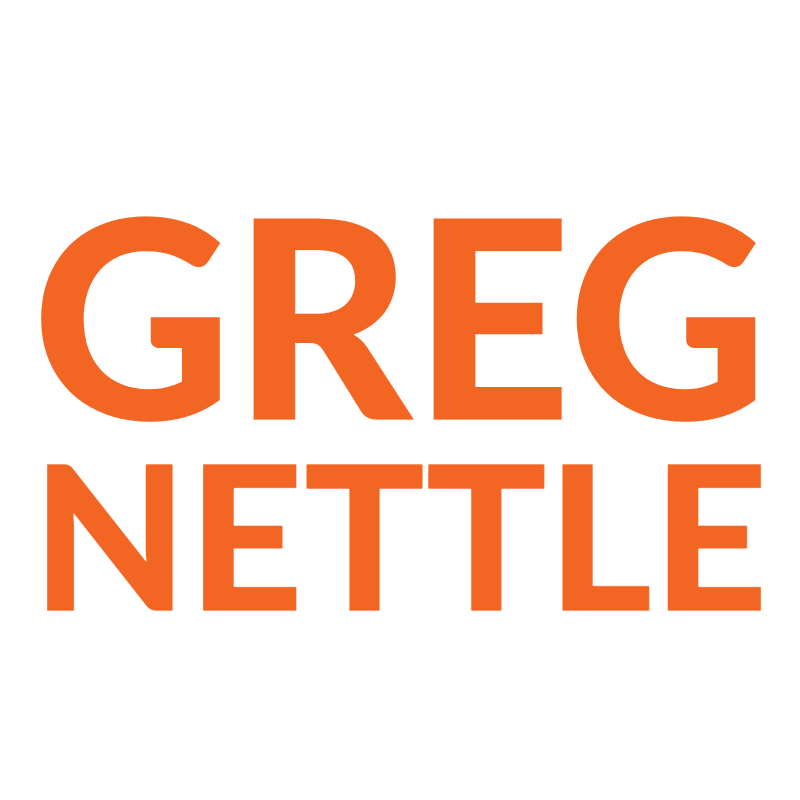I just finished reading my 17th book on this summer study break. Without question, one of the most impactful and important books that I’ve read is Hope Lives by Amber Van Schooneveld.
Hope Lives takes us on a journey of understanding and (hopefully) life change in our attitudes and actions as we care for people on the margins of society.
It is filled with great stats:
You are rich. I’m not speaking metaphorically or spiritually. I mean it: You’re rich. If you’re reading this book right now, you’re most likely among the financially elite in the world and in history–even if you’re from a low-income household in America. Did you drink clean water today without risk of death or disease? Are you wearing a pair of shoes? Do you have a dry, safe place to sleep tonight? Did you eat today? You are rich. You are richer than billions of others. The Gross National Income per capita in the United States in 2003 was $37,610. In India it was $530. In Ethiopia it was $90.
Thought-provoking quotes:
It’s the greatest poverty to decide that a child must die so that you may live as you wish.
–Mother Theresa
For while there is a poverty of too little, there is also a poverty of too much.
–Amber Van Schooneveld
Inisights from Scripture:
Shout it loud, do not hold back. Raise your voice like a trumpet. Declare to my people their rebellion and to the house of Jacob their sin.
For day after day they seek me out; they seem eager to know my ways, as if they were a nation that does what is right and has not forsaken the commands of its God. They ask me for just decisions and seem eager for God to come near them.
“Why have we fasted,” they say, “and you have not seen it? Why have we humbled ourselves, and you have not noticed?” Yet on the day of your fasting, you do as you please and exploit all your workers . . .
Is this the kind of fast I have chosen, only a day for a man to humble himself? Is it only for bowing one’s head like a reed and for lying on sackcloth and ashes? Is that what you call a fast, a day acceptable to the Lord?
Is not this the kind of fasting I have chosen: to loose the chains of injustice and untie the cords of the yoke, to set the oppressed free and break every yoke?
Is it not to share your food with the hungry and to provide the poor wanderer with shelter–when you see the naked, to clothe him, and not to turn away from your own flesh and blood?
–Isaiah 58:1-3, 5-7
But most importantly, Hope Lives will be used by God to change your heart–and to change your life. I made a significant lifestyle decision after reading this book that will enable Julie and me to be more generous with those in need. I pray that Hope Lives will have the same impact on you.

I’m going to add this one to my Amazon wish list. I have too many books right now I haven’t read. One thing I’d like to do is start the practice of every time I get the urge to buy something unnecessary, yes even books, instead taking that amount of money and donating it to a charity.
I’ve been wanting to read this book, too, so I’m glad to see that you liked it. It sounds like the kind of book that might work well for a small group study.
I’m about in the middle of this book and love it too. That GNI per capita you noted? That’s also the amount of money needed in a series of small loans (micro-loans) to allow an entrepreneur/family to start or improve a business to lift themselves out of poverty. In Peru and Ecuador it’s $2,600; $310 in Tanzania. Incredible.
-rick
Question for Rick about the comment above (sorry to hijack your blog comments, Greg!) — Does that mean if someone has a Compassion child in Tanzania and gives a $300 family gift each year, they could potentially facilitate that family’s release from poverty? Or am I oversimplifying it?